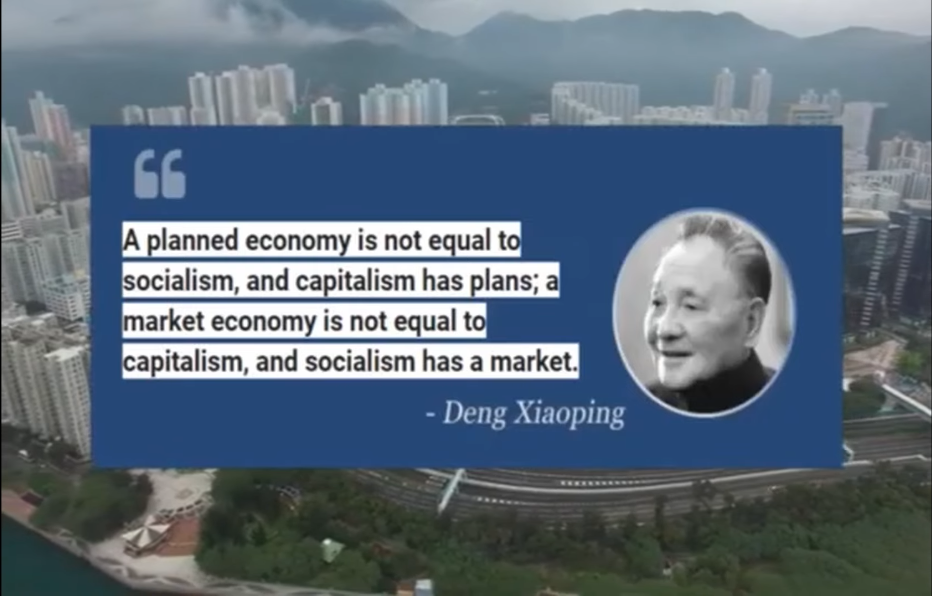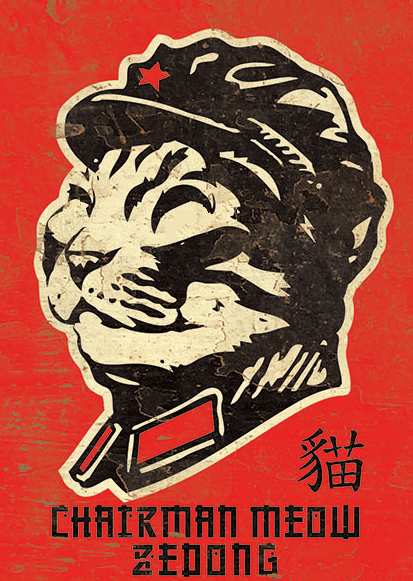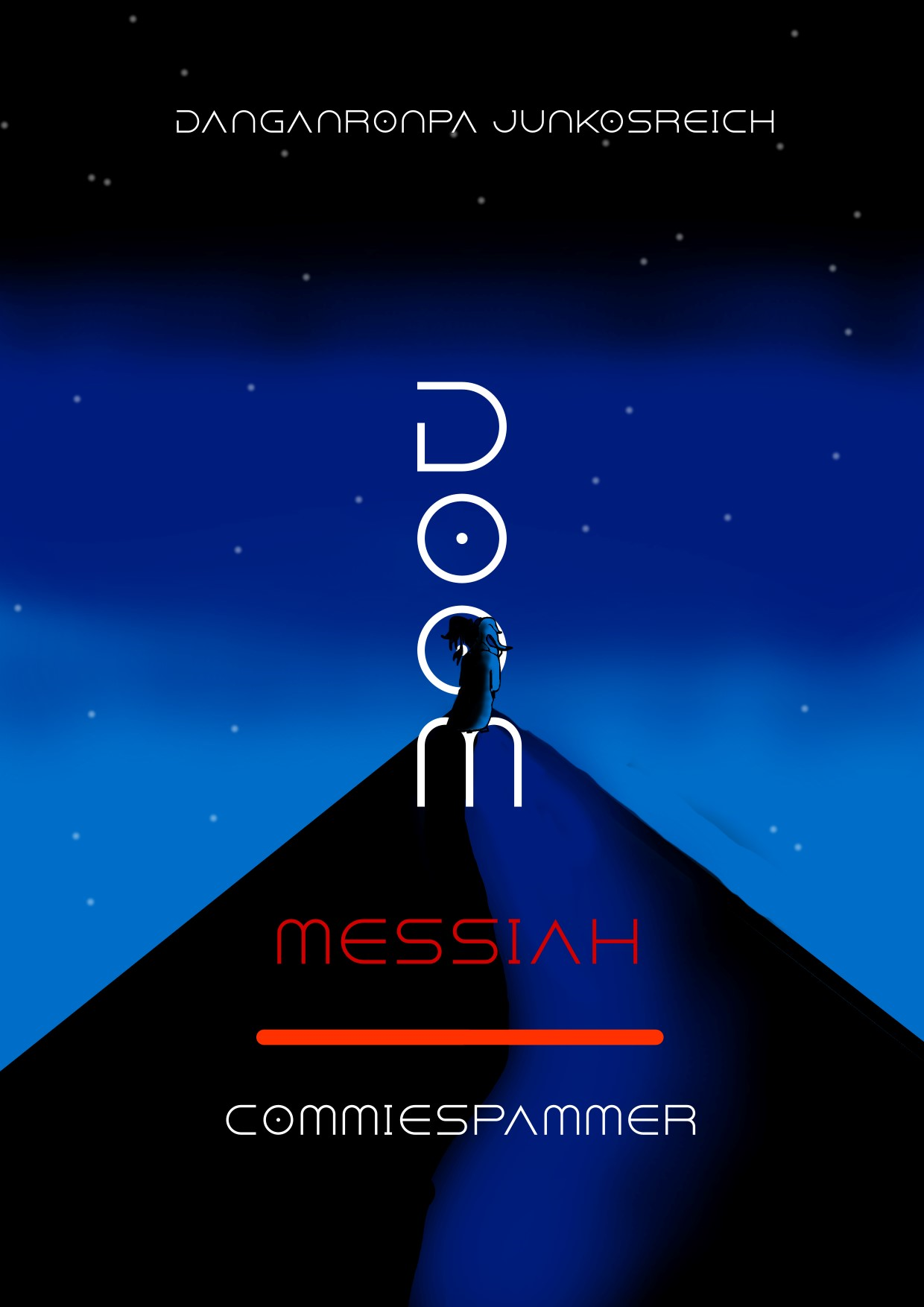Hey, I want to precise that I’m not ML but I want to understand how it is nowadays. TBH I’m interested into politics but since I’m a bit young I don’t have all the prerequiste to read all types theory ( I read only simple ones such as The Communist Manifesto), and I prefer to ask concerned people. So I’m wondering how Marxism-Leninism sees political ideas such as Dengism and Juche ?
(Sorry if there’s some problems with how the question is asked, English isn’t my native language)
I won’t answer about Juche since my knowledge about it isn’t enough to give a good reply.
There’s no such thing as “Dengism”, if you’re not into philosophy or political theory much, specially Marxism, it’s a bit hard to understand because it’s related to dialectical materialism and the nodal notion of change proposed by Hegel, but there are no -isms besides Marxism and Marxism Leninism. “Dengism” would be better understood as a further development of the Marxist Leninist theory by Deng Xiaoping, or Deng Xiaoping Thought. The only reason why people see China today, or the policies carried out by Deng as something xeno is because he formulated the importance of the role of a socialist society within the international market in the context of international bourgeois rule. People think “real communism” is when they close borders, produce everything nationally and do not let outside influences, and nothing can be further from the truth, not only it is physically impossible to do so, but also contrary to the international Marxist ideals of internationality.

What Deng did was to allow foreign capital in order for the bourgeoisie of other countries to invest in industrialisation because they could provide cheap labour, therefore accelerating the process of accumulation of national capital and the development of the productive forces. This is something no socialist country would frown on, they just had the chance to fully implement it and they had the history of past socialist experiments to learn from their mistakes.
I very agree on this take about there not being ‘Dengism’; Deng was not the parties ideological machine, just the appointed and voted in instrument who served the chinese peoples vote.
Every time I read Deng im always surpised by his utter dedication, when he was in his 80s he tried to quit the party three times while being chair but everytime he was denied; he spent his last years trying to implement retirement for senior communist party officals and again failed, because the will and votes of the people recongised him as the most stable pair of hands.
https://www.marxists.org/reference/archive/deng-xiaoping/1986/192.htm
this is my fave interview with him, really enlightening.

Geopolitical Economy Report recently put out a great video examining the economic growth of China and how Deng Xiaoping Thought played a role in their economic growth.
Your comment did a great job at introducing the topic, and there is so much more to the story. Hopefully comrades will enjoy learning more about the topic as well. China has truly become one of the most successful countries of our time and it’s a real shame how much sinophobia has distracted discourse on the subject.
Thankfully it seems only the imperial core continues to willfully ignore their successes.
Thank you comrade! Your linked video was really helpful
Dengism is just ML thought applied to China’s level of development. Us MLs have a decent opinion of Deng’s policies but Maoists call it revisionist. I consider Juche to be merely an extension of ML thought to the conditions of Korea, but Maoists call it revisionist as well.
Juche is considered separate from ML by most and by the DPRK. The term Dengism is also a perojative term used by so-called “anti-revisionists”.
I can’t really answer the “mainline opinion” about Juche, and I’m hopeful that someone else can correct any errors I might have.
Juche is basically just Marxism-leninism applied to the conditions of the DPRK, and with some extensions of the Juche philosophy:
In his early years of revolutionary activities, the leader was well versed in Marxism-Leninism. But he did not confine himself to applying Marxism-Leninism to the Korean revolution but pioneered a new phase of revolutionary theory from a steadfast Juche-based standpoint and resolved the problems arising in the revolutionary practice from a unique angle. The leader discovered the truth of Juche idea in the course of the struggle against bigoted nationalists and bogus Marxists, flunkeyists and dogmatists, while hewing out a new path for the revolution. Finally, he explained the principles of the Juche idea at the Meeting of Leading Personnel of the Young Communist League and the Anti-Imperialist Youth League held at Kalun in June 1930 and put forward a Juche-oriented line for the Korean revolution.
“On the Juche Idea” p. 9/77.
And a little on what that Juche philosophy is:
As the leader said, the Juche idea is based on the philosophical principle that man is the master of everything and decides everything. The Juche idea raised the fundamental question of philosophy by regarding man as the main factor, and elucidated the philosophical principle that man is the master of everything and decides everything.
Ibid p.10
I need to read more from the DPRK, this is basically all I’ve read. It’s quite interesting, though!
Dengism is not a thing.
I was talking about this
Socialism with Chinese Characteristics is how it is often referred to and what you mean. It was a method of opening up and allowing certain foreign investments in order to further develop the productive means of China at the time. It is often referred to as Dengism as a pejorative. SwCC was developed so that China may easier develop socialism as in order to have a further developed socialist economy, it was necessary to have a stronger developed means of production. I highly suggest you check out the articles on Prolewiki on this (as they will explain everything in good detail and provide sources.)
ok. Well, I don’t know much other than Deng did what was best for China at the time.








